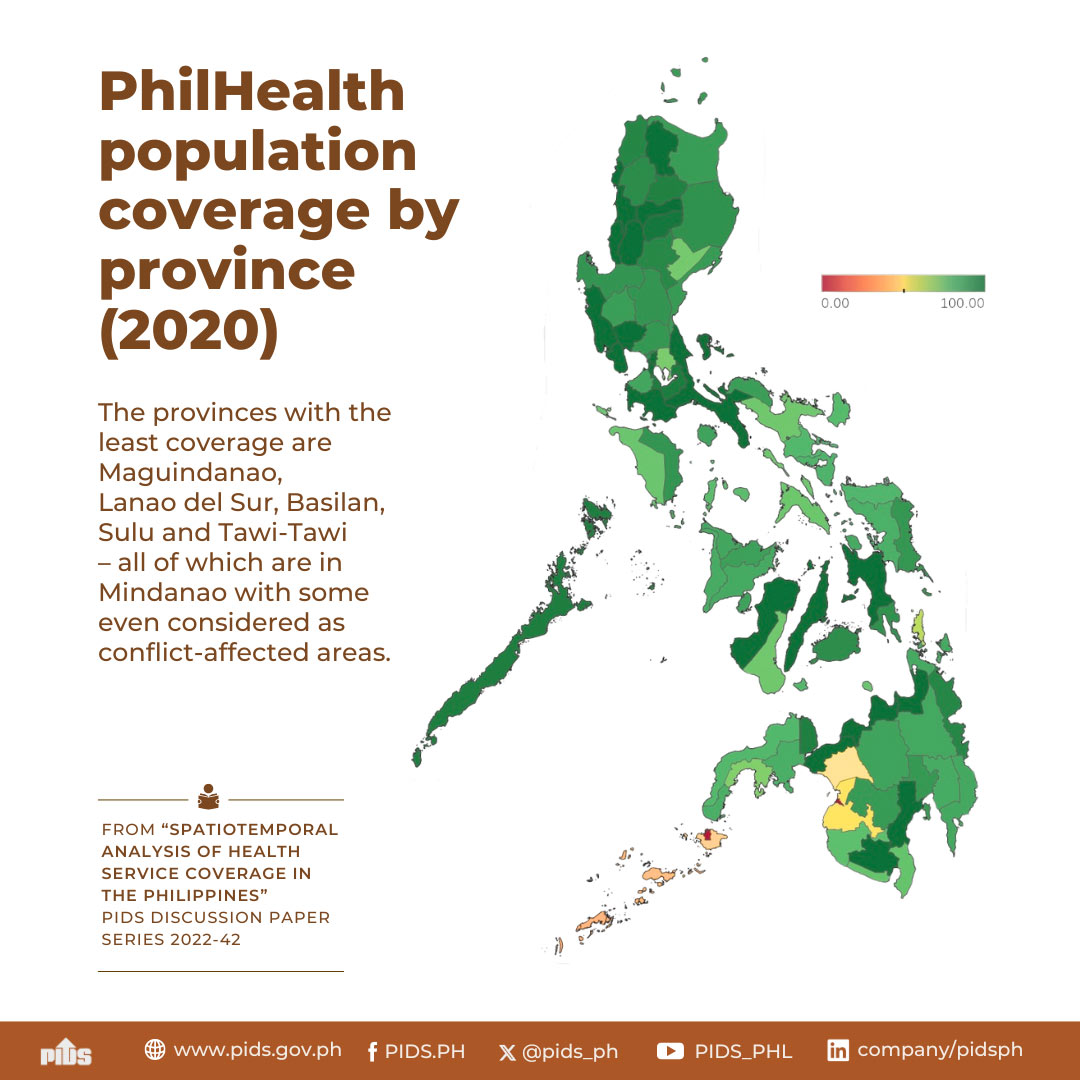MANY Filipino children fail to achieve their potential due to inadequate early childhood care and development services, resulting in the failure to meet the goal of universal access for children. Furthermore, only 20 percent of children aged three to four were enrolled in pre-kindergarten in 2022, and merely 23 percent are benefitting from feeding programs.
In their paper titled “Behind the Slow Start: An Assessment of Early Childhood Care and Development in the Philippines,” Dr. Valerie Gilbert Ulep, Senior Research Fellow of the Philippine Institute for Development Studies (PIDS) and co-author of the study, noted the country also faces a supply side shortfall of around 33,000 daycare centers, way below the estimated 96,000 needed. There is also a huge lack of child development workers.
In response to the dire situation, legislators introduced a landmark law on early childhood care and education, driven by the PIDS research.
Close long-standing gaps
Signed into law on May 8, 2025, the Early Childhood Care and Development (ECCD) System Act, or Republic Act No. 12199, aims to close long-standing gaps in care, nutrition, and education for children from birth to age five.
“This legislation marks a crucial step in ensuring that every Filipino child has the support and opportunities they need to thrive,” said Dr. Ulep.
The study, produced in partnership with the Second Congressional Commission on Education (EDCOM 2), highlighted how governance, funding, and other supply-side challenges have long stalled progress. National support for early childhood services has been largely reactive and often lacks incentives for local government units (LGUS) to invest in long-term solutions.
To address these issues, the ECCD System Act mandates the creation of dedicated ECCD offices in every province, city, and municipality, empowering LGUS as frontline implementers. Ulep said the law aims to strengthen governance, improve resource allocation, and ensure the delivery of comprehensive, quality services at the local level with a strengthened monitoring and evaluation system, through the inclusion of related indicators in the Seal of Good Local Governance to recognize LGUS championing ECCD services.
Standardizing salaries
The law also emphasized the need for professionalizing and standardizing salaries for child development workers. Dr. Ulep and his co-author underscored the insufficient stock and varying compensation schemes and hiring arrangements of CDWS across LGUS.
It also enhances inter-agency coordination through the revitalized ECCD Council, promoting a holistic, multi-sectoral approach across health, nutrition, education, and social welfare sectors, an approach strongly advocated in the PIDS study.
Under the new law, the Department of the Interior and Local Government (DILG) is tasked with building LGU capacity, monitoring their compliance with the ECCD system, and facilitating coordination among local bodies.
The Department of Education (Deped) is tasked with promoting ECCD careers, supporting curriculum development, and facilitating the assessment and certification of service providers.












